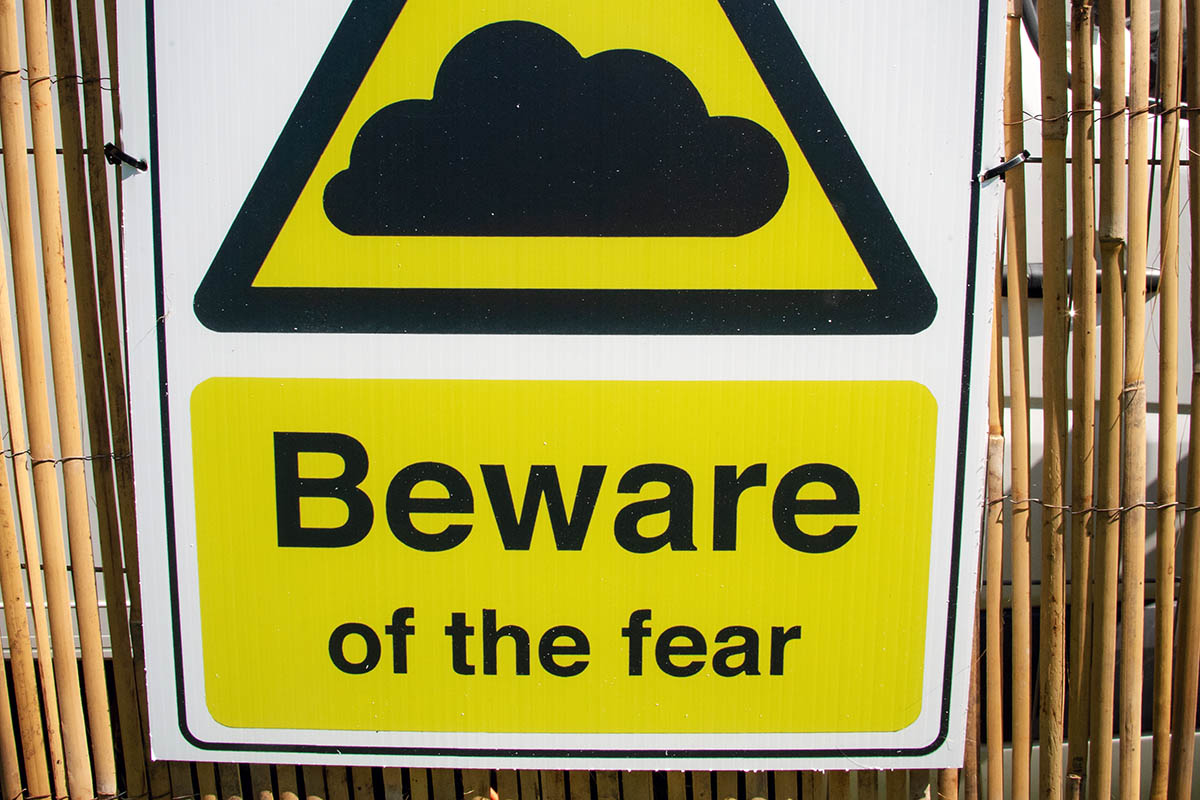On this Good Friday, Greenbelt trustee Marika Rose reflects on the vexed legacies of love we have inherited; how love has so often become inextricable from violence, control, fear and power.
Augustine of Hippo, a North African bishop and one of the Western Church’s greatest theological minds, wrote one of Christianity’s most powerful accounts of the pursuit of God. In his Confessions, Augustine writes of a life marked by dissatisfaction. Struggling with his own unruly desires, the high expectations and conflict which marked his early family life, harsh schoolmasters, and the sickness and death of beloved friends, Augustine describes a young adulthood spent searching for a deeper satisfaction than he could find in friendship, sex, and trips to the theatre. Only when he came to know God did he finally find what he has been looking for: as he says in the famous opening passage of Confessions, the deepest desire of our heart is to know and love God, and our hearts will always be restless until they arrive at this final goal.
Matthew 22: 34-40 reminds us that what Augustine discovers as life’s greatest joy is also Jesus’ greatest commandment:
When the Pharisees heard that he had silenced the Sadducees, they gathered together, and one of them, a lawyer, asked him a question to test him. ‘Teacher, which commandment in the law is the greatest?’ He said to him, ‘ “You shall love the Lord your God with all your heart, and with all your soul, and with all your mind.” This is the greatest and first commandment. And a second is like it: “You shall love your neighbour as yourself.” On these two commandments hang all the law and the prophets.’
What does it mean to love our neighbour as ourselves? What seems like a simple challenge has been one of Christianity’s great battlegrounds over the years. For Augustine, as for so many Christians, the question of what it meant to love God, himself and his neighbour was shaped both by his own struggles for self-control and by the examples of love he saw in the world around him. But the world that Augustine was born into was deeply violent. Augustine writes of being so badly beaten as a child at school that he used to beg God in prayer to spare him. He writes of watching his mother work to pacify his father’s anger, knowing that it was common for wives at the time to be beaten by their husbands. He writes of the torture and war which seemed necessary parts of earthly politics. Underneath these everyday experiences of terrifying violence lay a more fundamental kind of violence: the violence directed at enslaved people. Slavery was a core institution of the Roman world of Augustine’s day. The metaphor of the master-slave relationship, made and formed by violence, came to be Augustine’s model for all the other relationships around him: the relationship between husbands and wives, God and the soul, and even for Augustine’s own sense of self – the key consequence of sin, for Augustine, was exemplified by our loss of control even over our own bodies, which should submit to us as a slave to a master. For Augustine, love became inextricable from violence; a bitter legacy for the future church.
God the prophets, give us the courage to recognise where our models of love have failed us
God of compassion, help us to confront the violence which structures the world around us
God of change, help us to let go of what we cling to and open our hands to new possibilities
A society built on violence is a society that is afraid. Augustine’s life was full of fear: fear of the violence he saw around him, fear of losing control, fear of the empire losing its grip on those it terrorised and descending into even greater violence. When love begins from fear, it often becomes controlling. We cling onto the world that we know, however brutal and cruel, because we are more afraid of the unknown. We cling onto power as a way to convince ourselves that there is a way to escape the pain that comes with love – the pain of loss and the pain of vulnerability.
God who liberates, set us free from our own fear, to love one another courageously
God made flesh, teach us to recognise our vulnerability and our dependence
God of Jesus, teach us to love one another without fear of death
Fifteen hundred years after Augustine wrote Confessions, Martin Luther King Jr wrote from a jail in Birmingham, Alabama, where he was imprisoned after being arrested during nonviolent demonstrations against racial segregation in America. In the letter, he wrote that the greatest obstacle to racial equality in America was not the Ku Klux Klan but ‘the white moderate, who is more devoted to “order” than to justice’.
When a world built on violence and injustice is all we know, it can be terrifying to imagine something different. When our lives are full of fear it can be difficult to let go of what little control we have. But even St Augustine knew, in his better moments, that to truly love God we must be prepared to lose everything. Sitting in a garden, after years of struggling and failing to master his own soul, Augustine finally met God when, hearing a child’s voice, he picked up the Bible and opened it to a passage where Jesus challenged a rich young ruler to sell all of his possessions. It was here, in dispossession rather than mastery, that Augustine first truly grasped what it means to love God.
May it be so for us too.
Amen.
Marika Rose is senior lecturer in philosophical theology at the University of Winchester and a Greenbelt trustee. Her new book, Theology for the End of the World will be published by SCM Press in July 2023.


